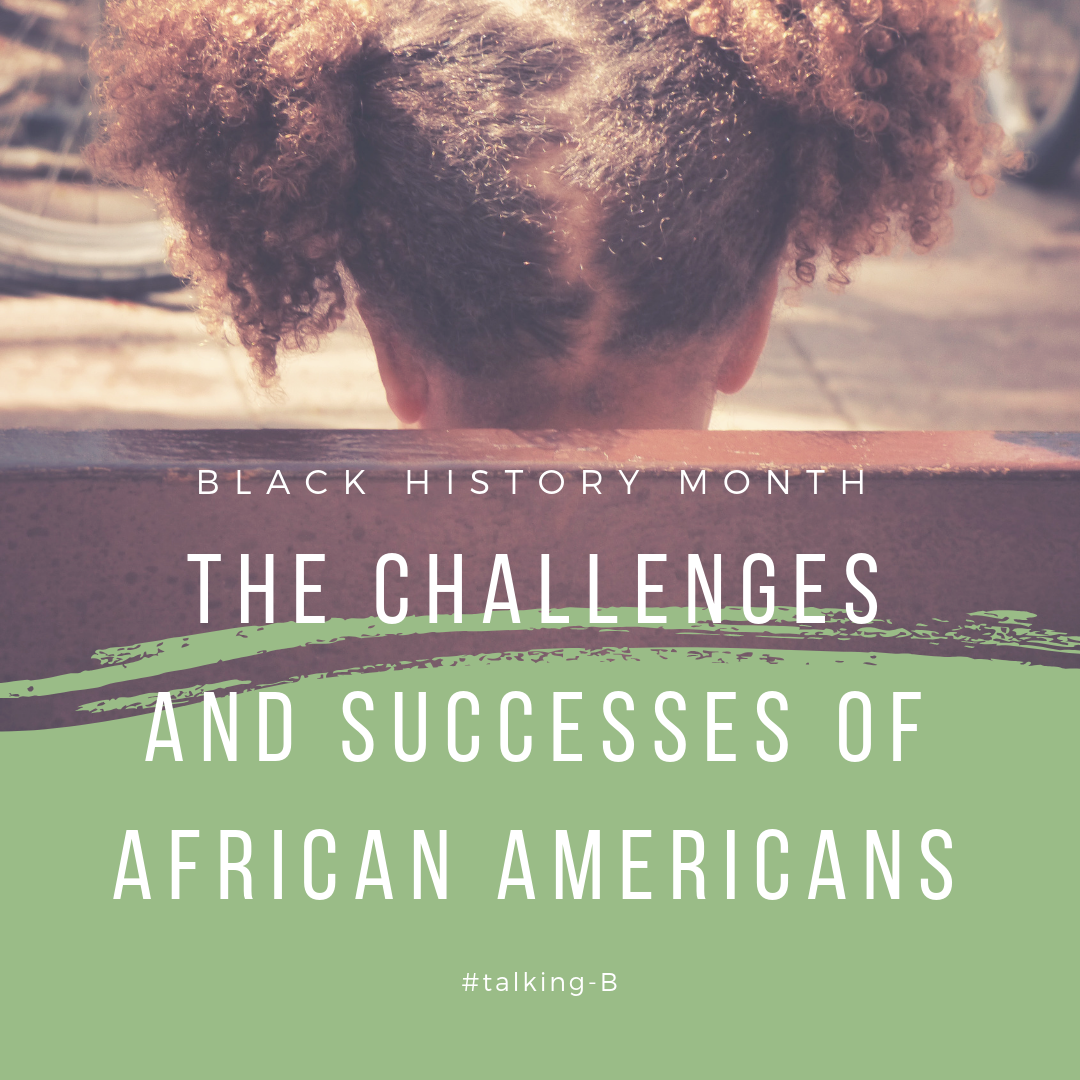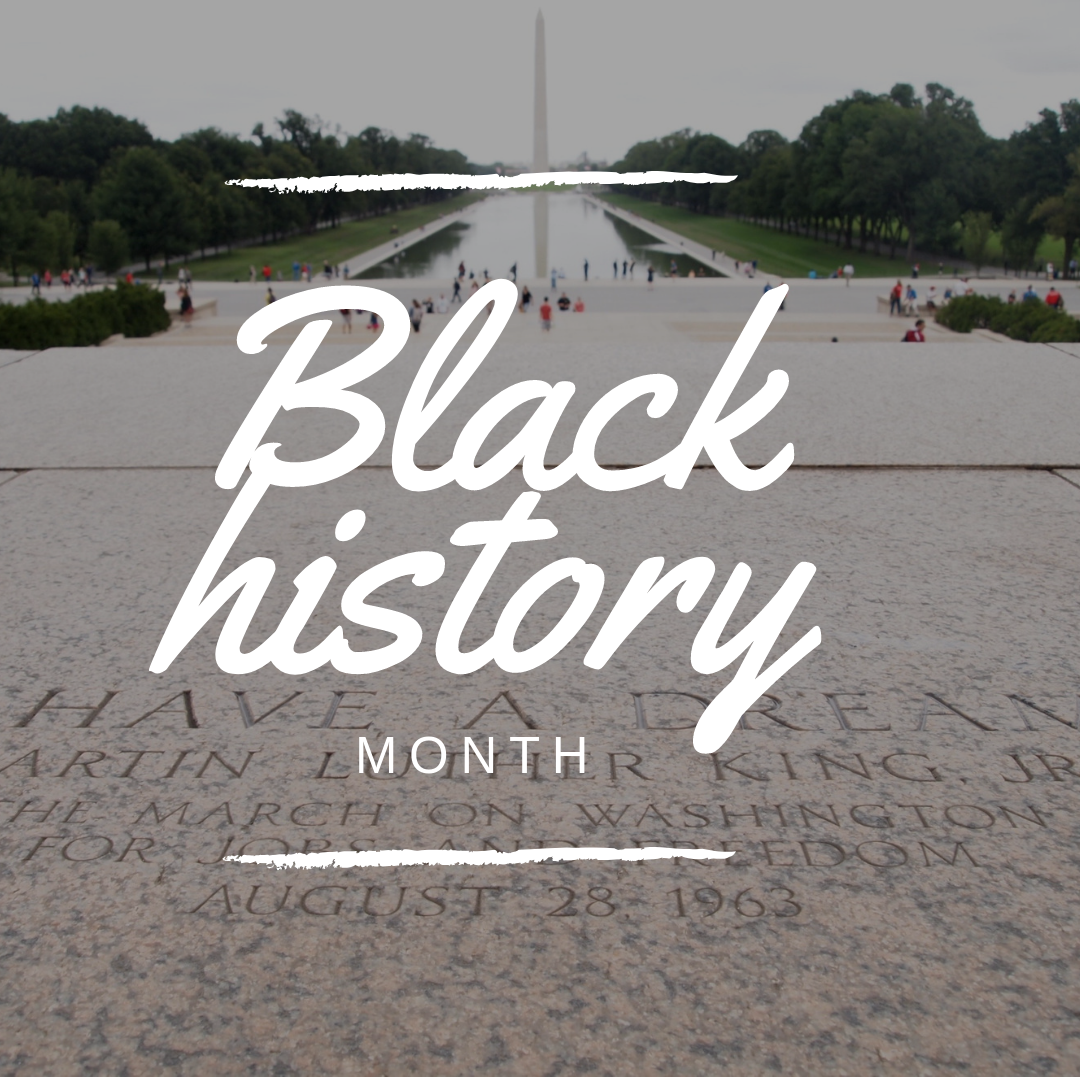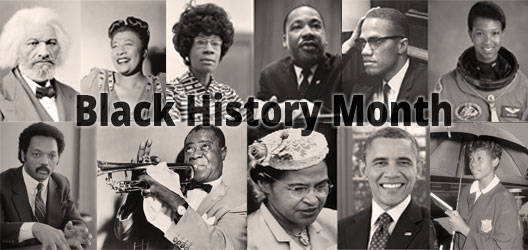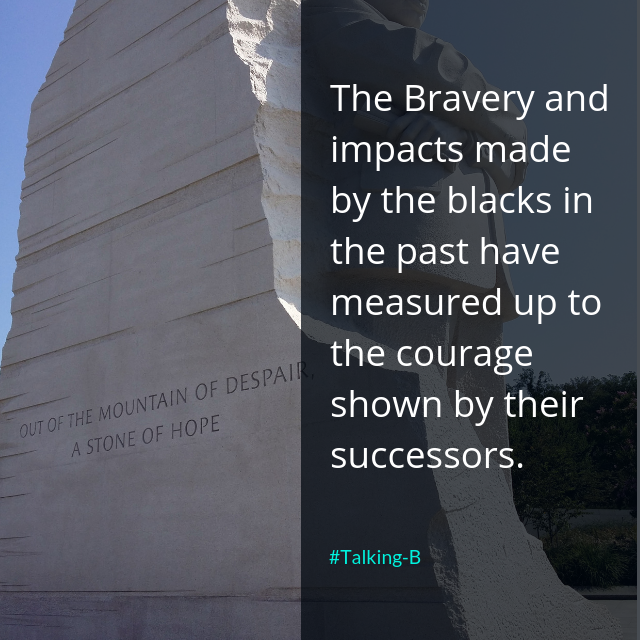A journey of a thousand years can only start with a single step regardless of how brisk, sluggish, disheartening, unrealistic or promising it might be. While the future is still cloudy, the sagacity of one’s belief and faith continually inspires to keep pushing.

So was the initiative of a writer and educator named Dr. Carter G. Woodson, who launched Negro History week in 1926 along with the Association for the study of Negro Life and History, declaring the second week of February being coincidentally the birth month of Abraham Lincoln and Frederick Douglass dated 12 and 14 respectively. History recorded that, black communities had been celebrating the dates since the late 19th century. Dr. Carter being a historian knew the importance of records to form the basis for history, he realized the countless contributions, efforts and great impacts of the black people is neither being celebrated nor recognized in building America through ages. He decided to set the record straight, the primary emphasis was placed on encouraging the coordinated teaching of the history of American blacks in America public schools.

As expected, it wasn’t an easy ride for him but he pressed on, in the face of pessimism regarding the event of the First Negro History as “one of the most fortunate steps ever taken by the association” despite the fact that it was met with lukewarm response. In 1969, black educators and the Black United Students proposed Black History Month at Kent State University which materialized into the first celebration at Kent state in 1970.
President Gerald R. Ford during the celebration of the United States Bicentennial in 1976, recognized the Black History Month. In his address, he admonished Americans to “seize the opportunity to honor the too often neglected accomplishments of black Americans in every area of endeavor throughout our history” which led to a full-blown celebration in the educational institutions and centers of black culture across the Country.

Image retrieved from Arlington Public Schools
Since 1976 till date, every American president has proclaimed February as Black History Month. Meanwhile, over the years other countries such as the United Kingdom, Canada, and the Republic of Ireland has followed suit in devoting an entire month to celebrating black history and immeasurable contributions. America now has a unique theme attached to the yearly celebration and honoring the contributions of African Americans with loads of events and activities for the whole month of February through educators, librarians, public officials, and the media. However, the theme for 2019 is “Black Migrations” which according to Donald J. Trump, President of the United States of America’s speech highlights the challenges and successes of African Americans as they moved from farms in the agricultural South to centers of industry in the North, Midwest, and West; especially those that occurred in the twentieth century. Through these migrations, millions of African Americans reshaped the demographic landscape of America, starting new lives in cities such as Philadelphia, Detroit, Chicago, and New York City.

Michelle Obama said, “history has shown us that courage can be contagious and hope can take on a life of its own.” The bravery and impacts made by the blacks in the past have measured up to the courage shown by their successors. Black people continue to break the color barrier in sports, music, art, business, and politics while making laudable contributions in literary art, science, engineering and the economy across the World.
